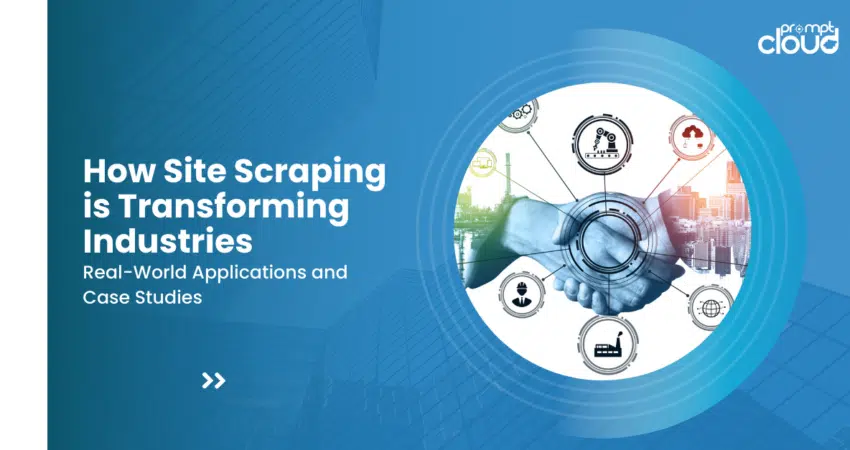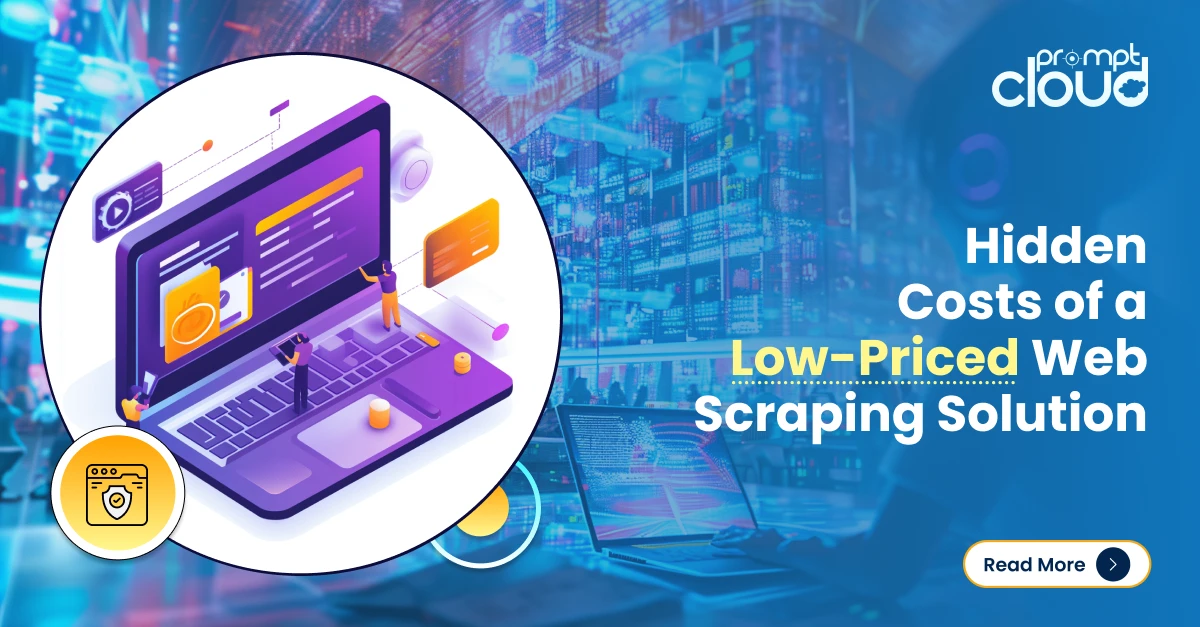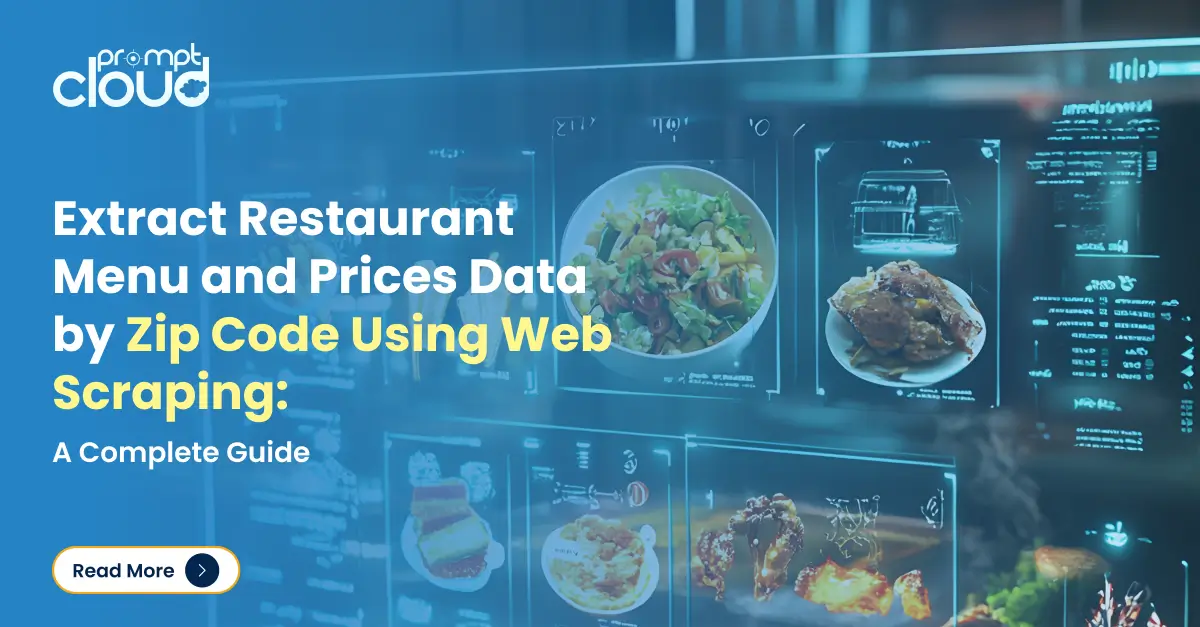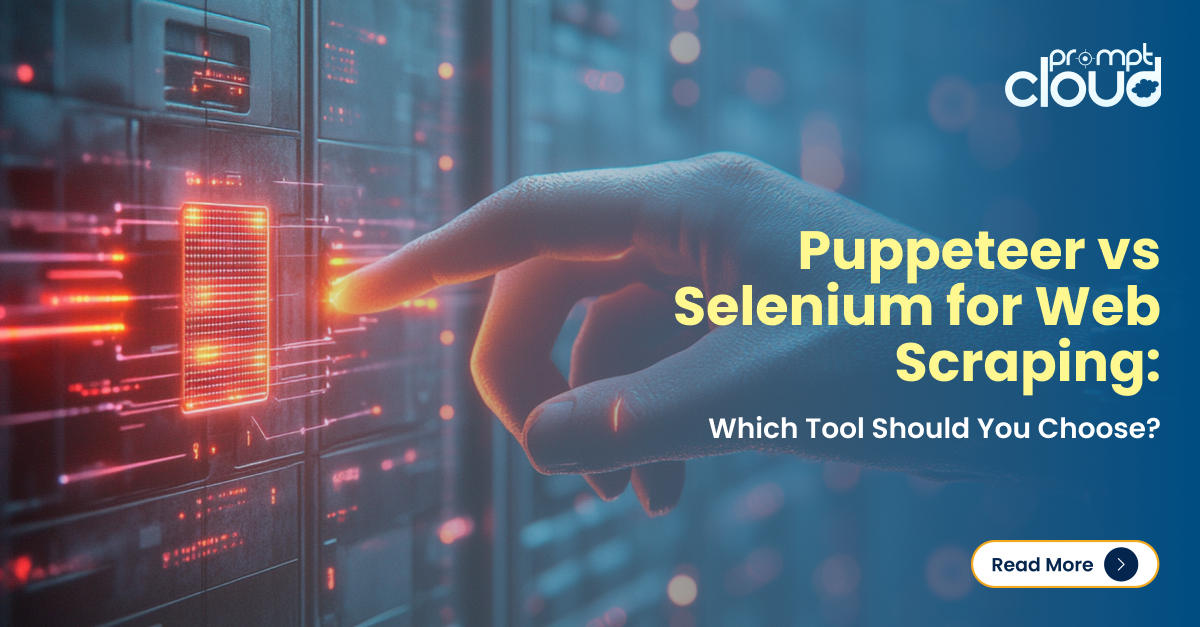
Ever wonder where price comparison websites pull their data from? Or how research projects analyze vast quantities of online information? The answer, in many cases, is site scraping or web scraping. This practice, both celebrated and demonized, involves extracting data from websites without directly interacting with them.
But is it a necessary tool for research and innovation, or a sneaky backdoor into valuable content? Let’s find out!
Site Scraping’s Impact on Businesses:
Image Source: https://www.uniquesdata.com/
Competition Heats Up: Forget cloak and dagger, competitors can peek at your treasure trove with site scraping, fueling fierce battles for market dominance.
Market Intel on Demand: No more blindfolded darts! Scraped data delivers a crystal-clear view of consumer desires, market shifts, and rival moves, empowering strategic decisions.
Innovation Ignites: Gaps in the market scream for solutions! By analyzing scraped data, businesses can unveil unmet needs and craft groundbreaking products and services, pushing the industry forward.
Pricing Like a Pro: Forget guesswork! Competitor pricing data, laid bare, allows businesses to fine-tune their strategies, staying competitive and maximizing profits in a dynamic market.
Automation Revolution: Ditch the spreadsheets! Scraping tools automate data collection and analysis, freeing up resources and streamlining operations across all sectors.
Customers Understood: What do they truly want? Scraping customer reviews and feedback unlocks the secrets of their hearts, enabling businesses to tailor products, marketing, and service for ultimate satisfaction.
Brand Guardians at Work: Counterfeiters beware! Site scraping helps identify unauthorized sellers, fake products, and IP infringement, protecting brand reputation and safeguarding customer trust.
Remember, this power comes with responsibility. Just like any tool, site scraping has its ethical considerations. Stay tuned for the next chapter, where we delve into the responsible use of this potent technology.
Challenges and Ethics of Site Scraping:
Site scraping, the digital equivalent of sifting through the web’s underbelly, promises a treasure trove of insights for businesses. But before you set your bots loose, beware of the lurking pitfalls and moral quandaries!
Image Source: https://dataforest.ai/
- Legality’s Labyrinth: Copyright? Terms of service? Intellectual property? It’s a legal maze out there, with each corner potentially harboring a lawsuit. Tread carefully, and secure permission before you start scraping.
- Ethics at the Crossroads: Extracting data without consent? That raises thorny questions about privacy and individual rights. Remember, scraping responsibly involves finding the sweet spot between gathering information and respecting people’s boundaries.
- Data Accuracy: Ensuring accuracy and integrity amid frequent website updates and extraction errors is a challenge.
- Technical Hurdles: Websites implement security measures like CAPTCHA and IP blocking, posing obstacles to data extraction. Overcoming these requires expertise and adaptation.
- Economic Implications: Widespread scraping for market research can create imbalances, disadvantaging companies without scraping capabilities.
- Trust and Reputation: Invasive or unethical scraping practices can damage relationships and harm a company’s public perception.
Site Scraping Case Studies
Within the expansive realm of online data, web scraping functions as a skilled explorer, revealing valuable information hidden within websites. Nevertheless, this approach introduces both enticing possibilities and ethical dilemmas. Let’s delve into the ways different industries harness web scraping:
Image Source: https://towardsdatascience.com/
- E-commerce: Utilizing scrapers to analyze competitors’ pricing strategies and product offerings can provide valuable insights for online retailers. However, concerns arise regarding fair competition and the ethical use of competitor data.
- Travel Agencies: Scraping data from multiple travel websites enables quick access to the best deals, yet issues regarding data privacy and ownership arise.
- Investment Firms: Scraping data from various sources aids financial institutions in analyzing market trends and making informed investment decisions. However, legal boundaries regarding data collection and intellectual property rights must be considered.
- Real Estate: Web scraping provides access to detailed property information, empowering agents and investors. However, questions linger regarding the accuracy and legality of scraped data.
- Job Boards: Scraping enables job portals to offer a wider range of opportunities, but maintaining data accuracy and respecting privacy are essential.
Although web scraping provides valuable insights and efficiencies across various industries, it’s imperative to address ethical and legal concerns associated with it. Achieving a balance between utilizing information effectively and respecting privacy is essential for the responsible utilization of web scraping in the future.
Future Trends in Site Scraping
- AI Advancements: AI will enhance site scraping accuracy and efficiency, providing businesses with reliable datasets for better decision-making.
- Increased Automation: Scraping tools will become more user-friendly, saving time and resources through enhanced automation.
- Cloud-Based Solutions: Organizations will shift to cloud platforms for scalable and cost-effective scraping operations.
- Enhanced Security Measures: Stronger security measures will protect against unauthorized scraping attempts.
- Ethical Considerations: Ethical guidelines will address privacy and responsible data use concerns.
- Integration with Analytics: Site scraping will integrate with analytics and machine learning, offering valuable insights.
- Expansion of Use Cases: Site scraping will find applications in diverse industries, from market research to fraud detection.
These trends promise a future where businesses leverage data effectively, fostering innovation and competitiveness.
FAQs
Q: What is scraping a site?
Site scraping involves the automated retrieval of particular data from websites. This may encompass text, images, product listings, or other content. Picture it as a specialized instrument that gathers desired information without engaging directly with the website.
Q: How do I completely scrape a website?
It’s crucial to approach complete website scraping with caution. Ethical considerations and legal restrictions often apply. Many websites provide public data accessible through APIs, offering a safe and authorized alternative to scraping. Explore these options first.
Q: What is the meaning of “scrape” in coding?
In coding, the term “scrape” commonly denotes the methods and software employed to retrieve data from websites. This process entails accessing the underlying code of a website and parsing it to extract the desired information.
Q: What is the definition of scraping content?
Scraping content involves extracting and duplicating specific content from a website, such as text, images, or product details. Adhering to copyright and terms of service guidelines is essential. Before proceeding, always verify that your scraping techniques align with ethical and legal norms.




















